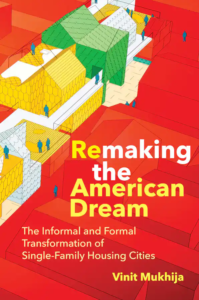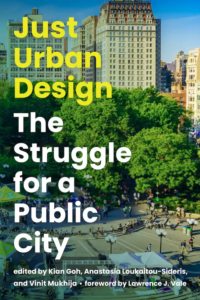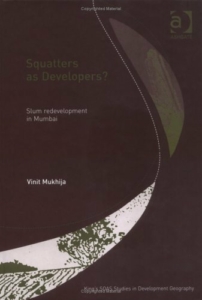Meredith Phillips
Phillips studies the causes and consequences of educational inequality. She specializes in the causes of ethnic and socioeconomic disparities in educational success and how to reduce those disparities. Her current research projects focus on promising school-based practices for improving students’ academic achievement; the impact of math course-taking on students’ academic achievement and educational attainment; the correlates of summer melt; and survey methods involving children and adolescents.
Phillips co-founded EdBoost, a charitable, educational non-profit whose mission is to reduce educational inequality by making high-quality supplemental educational services accessible to children from all family backgrounds. EdBoost develops and refines interventions and curriculum at its learning center, implements interventions in educational settings, and then tests promising interventions using rigorous evaluations. Phillips also co-founded the Los Angeles Education Research Institute (LAERI), a Los Angeles-based research-practice partnership that collaborates with L.A. Unified.
Phillips served on the National Academy Committee on Developing Indicators of Educational Equity and the National Academy Committee on the Evaluation Framework for Successful K-12 STEM Education. She is a past recipient of a National Academy of Education/Spencer Foundation Postdoctoral Fellowship and Spencer Dissertation Fellowship, as well as the dissertation award from the Association for Public Policy Analysis and Management (APPAM). She received her Ph.D. from Northwestern University and her A.B. from Brown University.
SELECTED PUBLICATIONS
Does Virtual Advising Increase College Enrollment? Evidence from a Random-Assignment College Access Field Experiment
Author: Phillips, Meredith, Sarah Reber
Using Research to Improve College Readiness: A Research Partnership between the Los Angeles Unified School District and and the Los Angeles Education Research Institute
Author: Phillips, Meredith, Kyo Yamashiro, Adina Farrukh, Cynthia Lim, Katherine Hayes, Nicole Wagner, Hansheng Chen
Parenting, Time Use, and Disparities in Academic Outcomes
Author: Phillips, Meredith
Ethnic and Social Class Disparities in Academic Skills: Their Origins and Consequences
Author: Phillips, Meredith
Culture and Stalled Progress in Narrowing the Black-White Test Score Gap
Author: Phillips, Meredith
How Did the Statewide Assessment and Accountability Policies of the 1990s Affect Instructional Quality in Low-Income Elementary Schools?
Author: Phillips, Meredith, Jennifer Flashman
Social Reproduction and Child-rearing Practices: Social Class, Children’s Agency, and the Summer Activity Gap in Low-Income Elementary Schools
Author: Chin, Tiffani, Meredith Phillips
School Inequality: What Do We Know?
Author: Phillips, Meredith, Tiffani Chin
The Black-White Test Score Gap
Editor: Jencks, Christopher, Meredith Phillips
SELECTED REPORTS
College Going in LAUSD: An Analysis of College Enrollment, Persistence, and Completion Patterns
Author: Phillips, Meredith, Kyo Yamashiro, Thomas A. Jacobson
College Readiness Supports in LAUSD High Schools: A First Look
Author: Phillips, Meredith, Kyo Yamashiro, Carrie E. Miller




